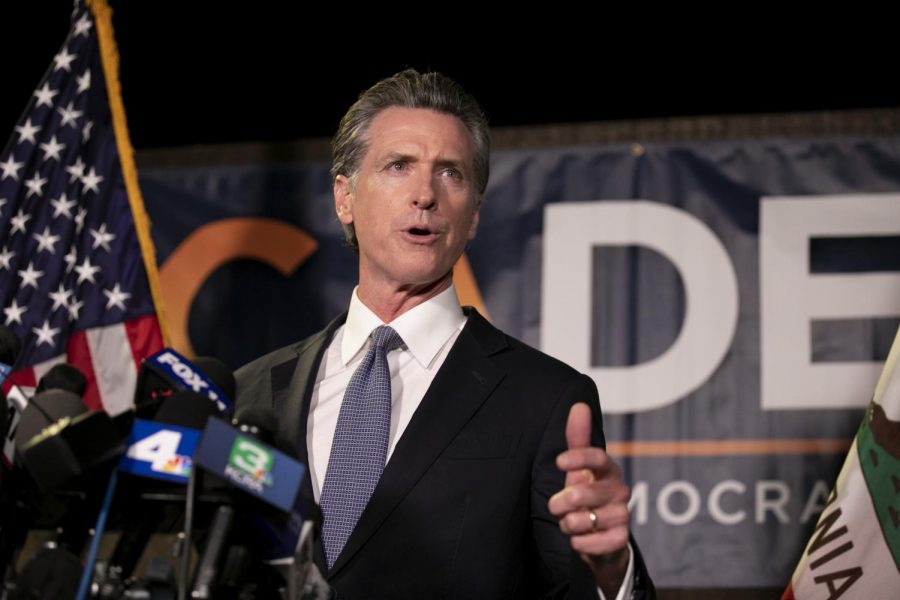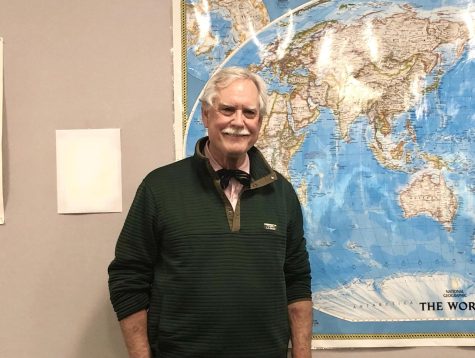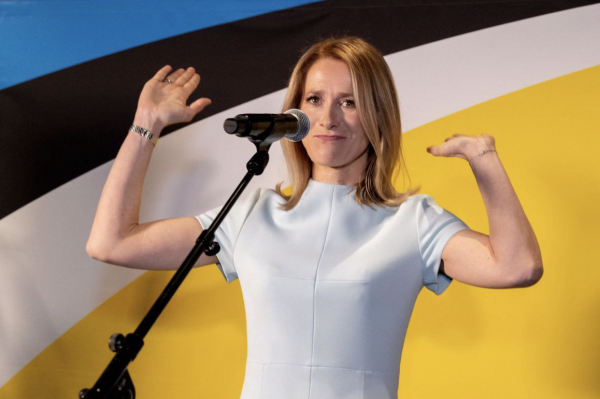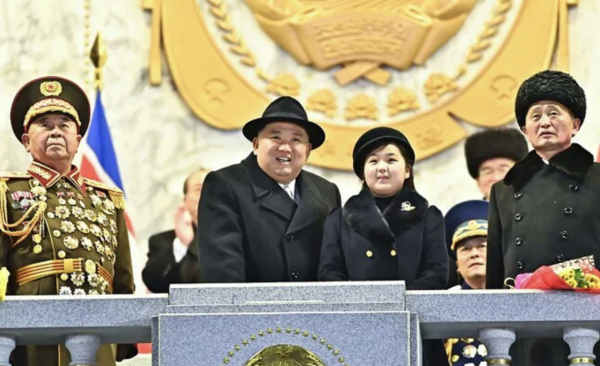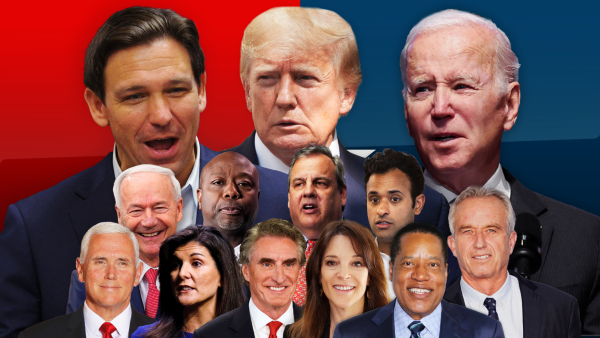Governor Gavin Newsom Wins California Recall Election
Photo courtesy Anne Wernikoff
Governor Newsom delivers a speech on election night at the California Democratic Party headquarters.
California voters rejected recall efforts in a decisive win for Governor Gavin Newsom on September 14, 2021. While results are not yet certified, current polls show Newsom leading with over 63% of the vote.
California’s recall is a two-stage process. First, voters decide whether to remove the incumbent. Then, if the incumbent is recalled, the replacement candidate who receives the most votes becomes governor. Since Californians approved the procedure in 1911, there have been 55 attempts in California to recall a governor, but only two petitions collected enough signatures to qualify for a statewide vote. The one successful recall, held in 2003, replaced incumbent Governor Gray Davis with Republican candidate Arnold Schwarzenegger.
Recall efforts began in February 2020 when retired sheriff Orrin Heatley organized a petition. The petition struggled to gather signatures until last November when Newsom attended a birthday dinner after discouraging Californians from gathering outside their households. Recall supporters benefited from subsequent public outrage. By March 2021, the petition had 1.7 million signatures, enough to trigger a recall vote.
While Newsom’s failure to follow his guidelines certainly encouraged recall efforts, conservatives also criticized his management of the pandemic and its impact on businesses. Critics argued that Newsom followed a double standard by delaying school reopenings while sending his children to in-person school. The governor also faced fire for rising homicide and homelessness rates.
Newsom countered that strict safety measures were necessary given scientific findings. He cited California’s vaccination rates, one of the highest in the country, then pointed to stimulus checks that had gone towards business recovery during the pandemic. Newsom also condemned the recall as a partisan effort to seize power.
While Newsom will be staying in office, the views of leading candidates –– who may run in next year’s election –– could hint at ideological shifts within both parties. Notably, high-profile Democrats were discouraged from running to solidify the vote for Governor Newsom. This, coupled with Newsom’s calls to “vote no [on the recall] and go”, without voting for a replacement, contributed to the popularity of conservative replacement candidates.
Of all replacement candidates, frontrunner Larry Elder garnered 47% of the vote. A conservative talk show host, Elder built his campaign on lower taxes, road improvement, and a hard approach to crime. Elder criticized Proposition 47, which reduced certain felonies –– including forgeries and commercial burglary –– to misdemeanors. Perhaps most controversial was his stance on COVID-19 guidelines, with promises to repeal mask and vaccine mandates.
Kevin Paffrath, a Democrat best known for attracting millions of viewers on real-estate videos, campaigned as a centrist. While his most notable goal was an ambitious plan to end homelessness within 60 days, Paffrath also promised to reduce crime through a community-integrated policing approach and to increase school funding.
Kevin Faulconer formerly served as a San Diego mayor. Considered a moderate Republican, Faulconer is fiscally conservative and socially liberal. Democrat Brandon Ross is a physician and attorney, who formerly struggled with opiate addiction and now supports drug education, rehabilitation, and outreach programs. While in favor of mask mandates, he did not support mandatory vaccinations. Finally, top 5 finisher John Cox is a Republican businessman who previously ran for office in California and Illinois. Like other candidates, he promised to lower taxes and reduce homelessness. Cox also announced his support of school choice and increased wildfire funding.
Newsom’s clear victory bodes well for the governor and the Democratic Party. Should the governor run for a second term, he will likely hold a large lead over Republican contenders. That election will be next year, in November of 2022.
Sources:
https://calmatters.org/politics/2021/09/california-recall-election-results/
https://www.npr.org/2021/09/14/1035848090/california-recall-governor-newsom-results-elder
https://www.kevinfaulconer.com
https://pubdef.lacounty.gov/prop47/what-is-p47/
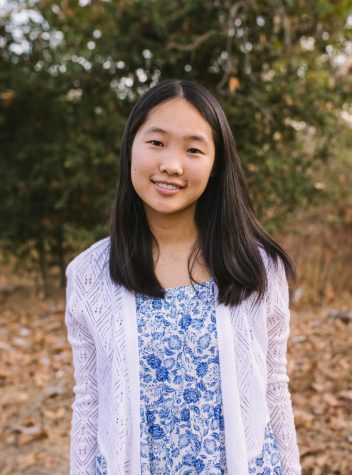
Grade: 12
Years on Staff: 4
Why are you writing for the Flintridge Press?
To address issues relevant to our time, to express ideas through writing,...

